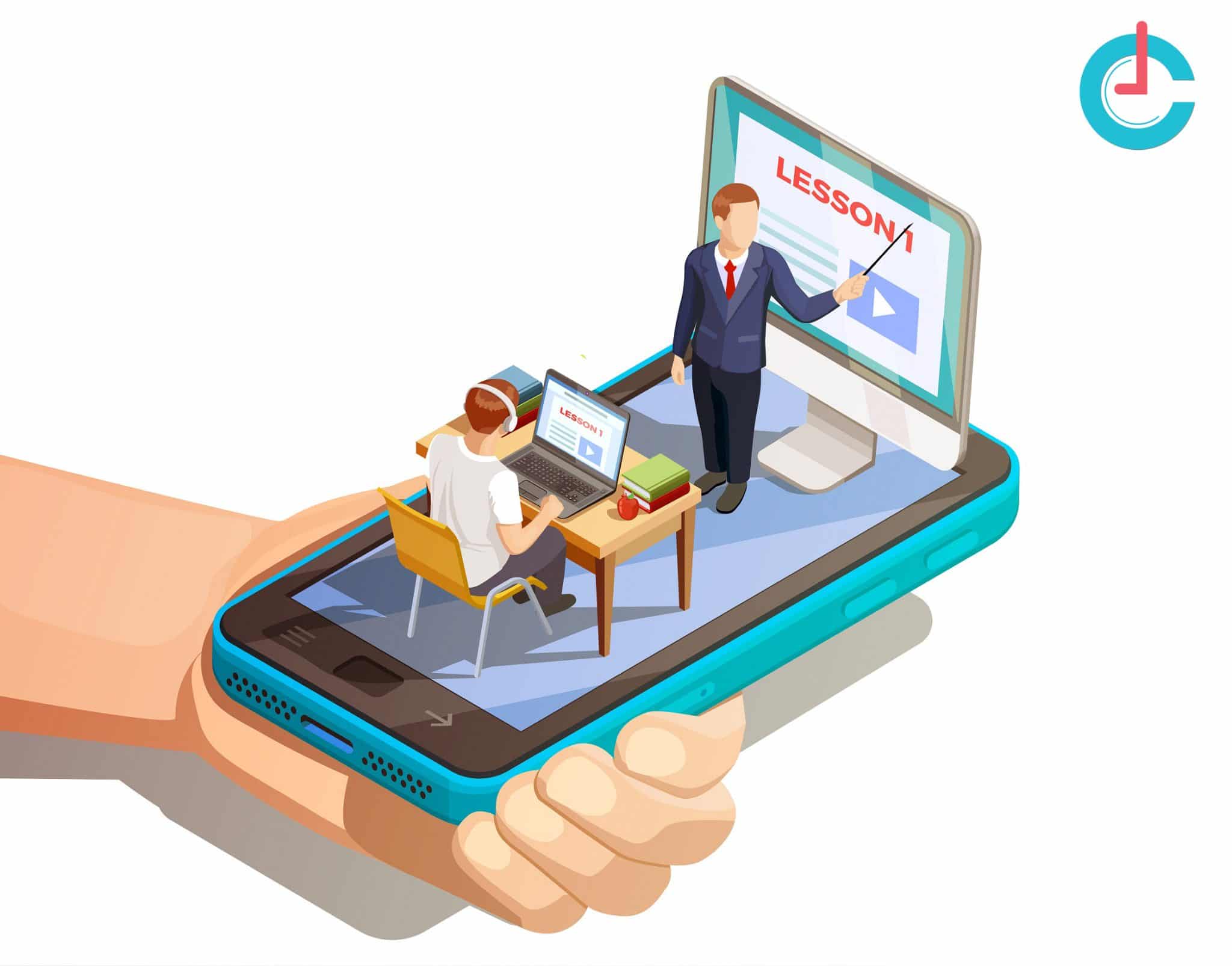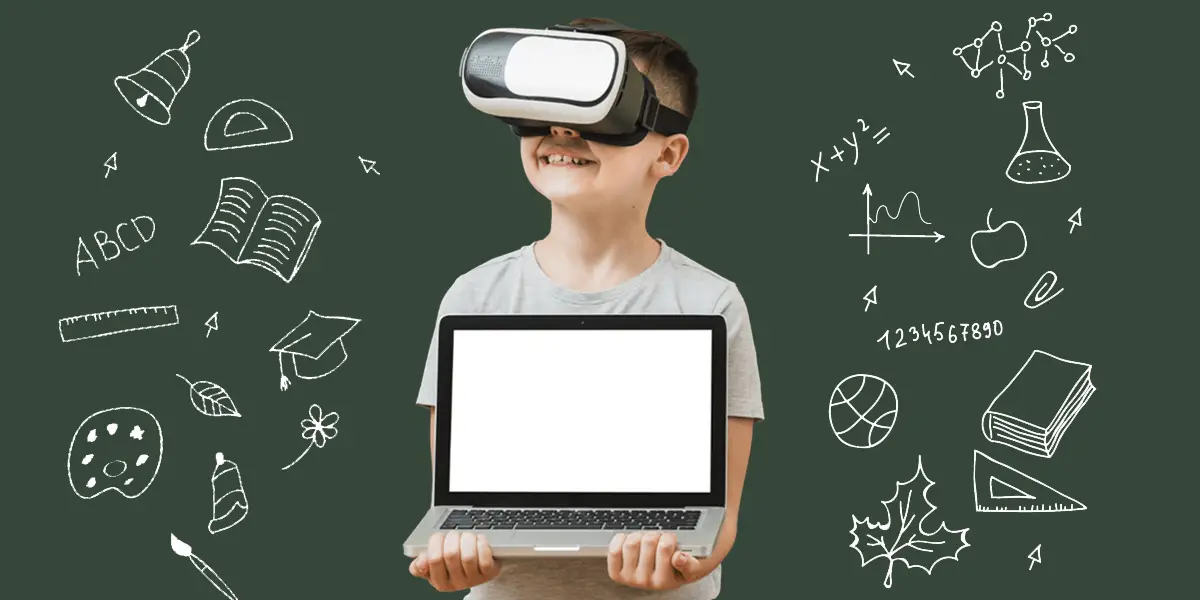AI and Education: Personalized Learning Experiences

Artificial intelligence (AI) is rapidly transforming the education sector, offering unprecedented opportunities to create personalized learning experiences tailored to each student’s individual needs, strengths, and interests. By leveraging AI algorithms, educators can gain valuable insights into student performance, identify areas for improvement, and provide targeted support.

Data-Driven Insights: AI analyzes vast amounts of student data, including academic performance, homework assignments, and assessments. This data provides educators with a comprehensive understanding of each student’s strengths, weaknesses, and learning styles. By identifying students who may be struggling or need additional support, AI empowers teachers to intervene early and provide timely assistance.

Adaptive Learning: AI algorithms adapt learning content and instruction to meet the unique needs of each student. For example, AI-powered learning platforms can automatically adjust the difficulty level of materials, provide step-by-step guidance, and recommend additional resources based on student feedback. This adaptive approach ensures that students are challenged appropriately and progress at their own pace.
Personalized Feedback: AI provides individualized feedback to students on their assignments, assessments, and progress. Using natural language processing, AI can analyze written content and provide detailed feedback on grammar, style, and critical thinking skills. This targeted feedback helps students identify areas for improvement and develop strategies for academic success.
Engaging Learning Experiences: AI can create engaging and interactive learning experiences that cater to different learning styles. For instance, VR (virtual reality) and AR (augmented reality) technologies, powered by AI, can immerse students in immersive learning environments, bringing abstract concepts to life and fostering a deeper understanding.
Empowerment for Educators: AI empowers educators by providing them with data-driven insights and personalized learning tools. It frees up their time from administrative tasks and enables them to focus on teaching, mentoring, and providing individualized support to students. By partnering with AI, teachers can become more effective and create a more dynamic and engaging learning environment.
In conclusion, AI is revolutionizing education by enabling personalized learning experiences that are tailored to each student’s unique needs. By leveraging data analytics, adaptive learning, personalized feedback, engaging learning experiences, and empowering educators, AI unlocks the potential for every student to reach their full academic potential.Ai And Education: Personalized Learning Experiences
Executive Summary
Artificial Intelligence (AI) is transforming the education sector by introducing personalized learning experiences tailored to individual students’ needs. This technology offers a plethora of benefits, including enhanced student engagement, improved learning outcomes, and reduced educational disparities.
Introduction
In the rapidly evolving landscape of education, technology plays a pivotal role in shaping the learning experiences of students. Among the most transformative technologies is AI, which holds the potential to revolutionize the way we teach and learn. AI empowers educators with tools and techniques to personalize learning experiences, addressing the unique needs and aspirations of each student.
Frequently Asked Questions (FAQs)
- What is personalized learning?
Personalized learning is an educational approach that focuses on tailoring instruction to the individual learning needs, interests, and goals of each student. By leveraging data and technology, AI can help educators tailor learning experiences to the specific needs of each student, thereby enhancing engagement and improving learning outcomes.
- How can AI be used in education?
AI can be used in a myriad of ways to enhance the teaching and learning process. Some of its most notable applications include:
- Intelligent tutoring systems that provide personalized guidance and feedback to students.
- Adaptive learning platforms that adjust the learning content and pace based on individual student progress.
- Educational chatbots that offer 24/7 support and answer student queries.
- Data analytics tools that provide educators with insights into student performance and identify areas for improvement.
- What are the benefits of AI in education?
AI offers a wealth of benefits for students, educators, and parents alike. By personalizing learning experiences, AI can:
- Improve student engagement and motivation.
- Enhance learning outcomes and academic achievement.
- Reduce educational disparities and provide equal opportunities for all students.
- Empower educators with data-driven insights to inform their teaching practices.
- Facilitate collaboration between students, teachers, and parents.
Top 5 Subtopics
1. Personalized Learning Paths
AI enables educators to create individualized learning paths for each student, catering to their unique learning styles, strengths, and areas for growth. By analyzing student data, AI can identify areas where students need additional support or enrichment, and recommend appropriate learning resources and activities.
- Adaptive Content Delivery: AI adjusts the learning content and difficulty level based on individual student progress, ensuring that students are always challenged but not overwhelmed.
- Personalized Feedback: AI provides tailored feedback to students on their work, helping them identify areas for improvement and build upon their strengths.
- Learning Recommendations: AI suggests additional learning resources and activities that complement the student’s learning path and foster deeper understanding.
- Progress Tracking: AI tracks student progress in real-time, allowing educators and parents to monitor their academic growth and identify areas for intervention or enrichment.
2. Intelligent Tutoring Systems
Intelligent tutoring systems (ITSs) are AI-powered tools that provide personalized guidance and feedback to students throughout their learning journey. These systems can simulate human tutors by offering interactive dialogue, answering questions, and providing explanations in a manner that is tailored to the individual student’s learning style and pace.
- Real-Time Assistance: ITSs provide students with immediate support and feedback, addressing their specific queries and misconceptions in a timely and personalized manner.
- Personalized Learning Plans: ITSs create customized learning plans that adapt to the student’s progress, providing targeted support and guidance throughout their learning journey.
- Skill Assessment and Remediation: ITSs assess student skills and identify areas for improvement, providing targeted remediation and practice exercises.
- Progress Tracking and Reporting: ITSs provide comprehensive progress reports that track student performance, identify areas for improvement, and facilitate communication between students, teachers, and parents.
3. Adaptive Learning Platforms
Adaptive learning platforms leverage AI to personalize the learning experience by adjusting the content, pacing, and assessments based on individual student performance. These platforms continuously monitor student progress and automatically adjust the learning materials to meet their evolving needs, ensuring that they are always engaged and challenged.
- Dynamic Content Sequencing: Adaptive learning platforms present learning content in a sequence that is optimized for individual student needs, ensuring a smooth and efficient learning experience.
- Real-Time Assessments: These platforms provide frequent assessments to gauge student understanding and adjust the learning path accordingly, ensuring that students master concepts before moving on.
- Personalized Practice: Adaptive learning platforms generate personalized practice exercises that target specific skill gaps and foster deeper understanding.
- Progress Monitoring and Reporting: These platforms track student progress in real-time and provide detailed reports to educators and parents, facilitating data-driven decision-making and personalized interventions.
4. Educational Chatbots
Educational chatbots are AI-powered conversational agents that provide students with 24/7 support and assistance. These chatbots can answer student queries, provide information on educational topics, and offer personalized guidance and support. They can also serve as a communication channel between students, teachers, and parents.
- Instant Support and Answers: Educational chatbots provide immediate answers to student queries, helping them overcome obstacles and stay on track in their learning journey.
- Personalized Guidance: Chatbots can offer personalized guidance and support tailored to the individual student’s needs, strengths, and areas for improvement.
- 24/7 Availability: Chatbots are available 24/7, providing students with access to support and assistance whenever they need it, even outside of classroom hours.
- Student Engagement and Motivation: Chatbots can engage students in interactive conversations, fostering a positive learning environment and motivating them to pursue their academic goals.
5. Data Analytics in Education
Data analytics plays a crucial role in personalizing learning experiences by providing educators with valuable insights into student performance. AI-powered data analytics tools can analyze student data to identify patterns, strengths, and weaknesses, helping educators tailor instruction and support to individual student needs.
- Student Assessment and Evaluation: Data analytics tools evaluate student performance, identify areas for improvement, and provide insights for personalized interventions and support.
- Educator Performance Evaluation: Data analytics can assist in evaluating educator performance, providing insights into teaching effectiveness and identifying areas for professional development.
- Educational Research and Innovation: Data analytics supports educational research and innovation by analyzing patterns and trends in student performance, informing curriculum development, and identifying opportunities for improvement.
- Decision-Making and Resource Allocation: Data analytics empowers educators and administrators with data-driven insights to inform decision-making and allocate resources effectively, ensuring optimal outcomes for all students.
Conclusion
AI is poised to revolutionize education by introducing personalized learning experiences that cater to the unique needs of each student. By leveraging the power of data and technology, AI empowers educators with tools and techniques to create individualized learning paths, provide real-time support, and track student progress in real-time. As AI continues to advance, we can expect even more innovative and transformative applications in the education sector, leading to improved learning outcomes, reduced educational disparities, and a more engaging and personalized learning experience for all students.
Relevant Keyword Tags
- Artificial Intelligence (AI)
- Personalized Learning
- Adaptive Learning
- Intelligent Tutoring Systems
- Educational Technology
